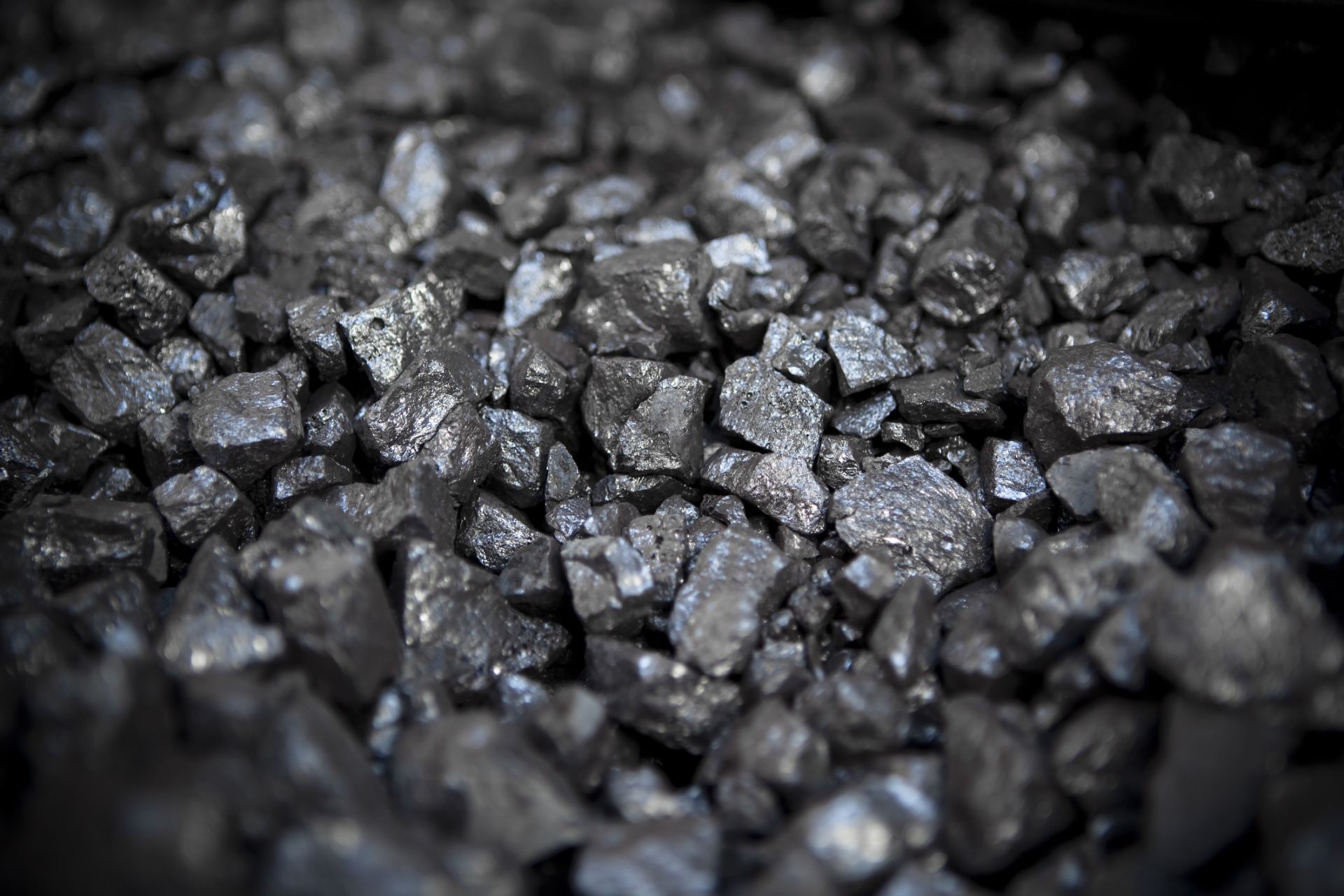Normally when the subject of lead comes up, people often associate it with the harmful effects of lead pipes and lead paint that causes serious health risks. While there has been a significant reduction of lead metals used in portable water, residential homes, and other health-based applications, this metal is still commonly used.
Lead and lead-based alloys are easy to work with and are used for casting, smelting, and machining operations. The metal offers a range of different properties including corrosion resistance, electrical conductivity, lubricity, coefficient of thermal resistance, and flexibility. It is a very dense metal while possessing lower levels of strength and hardness. Another interesting property is that lead has very high damping effects, which makes it ideal for sound deadening. Varying grades of lead and lead alloys are used for a variety of purposes.
Pure Lead and Lead Alloys
Pure Lead
Also called virgin lead or corroding lead is the type of lead grade most commonly used in the United States. Pure lead is sought after for its excellent corrosion resistance. Pure lead at 99.5% is used in lead-acid batteries for vehicles and UPS systems. It is also found in counterweights, radiation protection bricks, fishing sinkers, and bullet casings.
Leaded Copper
Leaded coppers are considered low lead alloys, high lead alloys, and free machining alloys based on the amount of lead that is added into copper. When placed into hot copper, it does not become soluble as it will not impact the copper’s mechanical or structural properties. Instead, the lead provides lubricity and adds machinability to the copper. Leaded copper is often used for bearing applications.
Chemical Lead
Chemical lead possesses 0.04% to 0.08% of residual copper. It also has residual silver at roughly 0.002% to 0.02%. Chemical lead has an extremely high resistance to corrosion and oxidation. It is often found in the chemical manufacturing industry as possible applications include pipes and tanks.
Antimonial Lead
Antimonial lead has from 1% to 25% of antimony. It helps to harden soft pure lead and add strength. Antimonial lead may be used in castings, storage battery grid, wheel weights, ballasts, radiation shielding, bullets, and pipes.
Arsenic Lead
Arsenic may be added to lead antimony metals to act as a metal hardener. Applications include round dropped shot and cable sheathing.
Lead Calcium
Lead calcium is an alloy containing about 0.03% to 0.15% calcium as aluminum is added as a calcium stabilizer. The alloy may act as a replacement for antimonial lead for many applications, including storage battery grids.
Lead-Based Babbitt Metal
Babbitt metals are either lead-based or tin-based. These are bearing alloys that may contain either lead with tin, antimony and sometimes arsenic, or contain lead with calcium, tin, and alkaline earth metals. Lead-based Babbitt metals are often found in crankshafts, axles, and general purpose machinery.
Linotype Alloy
Linotype alloys contain 84% lead with 12% antimony and 4% tin. This alloy possesses good strength and Brinell hardness as it is used for bullets and fishing jigs. It is also commonly used in the printing industry up to 1970.
Here at Belmont Metals, we offer virgin (pure) lead and lead alloys including Linotype alloys, lead-based Babbitt metals, and antimonial leads. Contact us today for more information.

